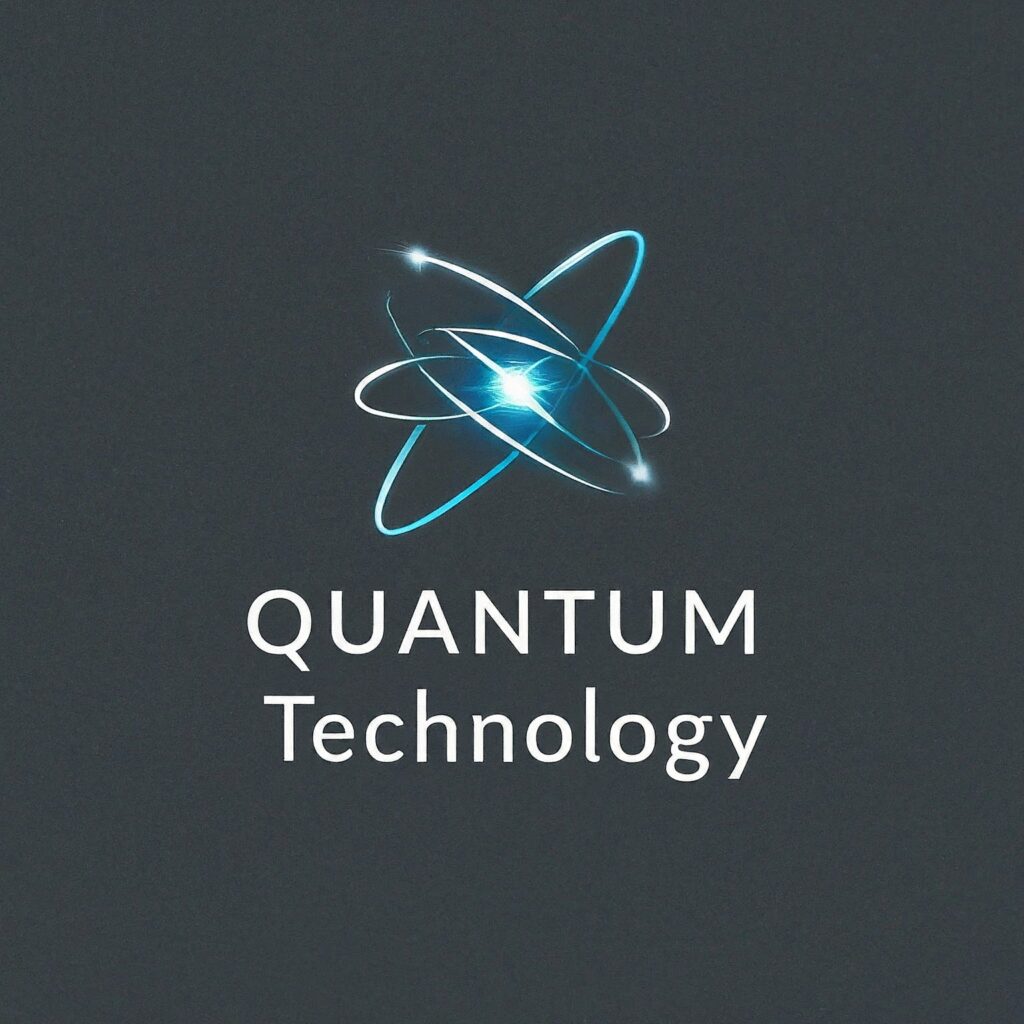Quantum computing has the potential to revolutionize many fields, from materials science and drug discovery to finance and artificial intelligence. However, current quantum algorithms have limitations that restrict their scalability. A new study published in arXiv explores how machine learning can be integrated with quantum computing (QC) to overcome these limitations and pave the way for more powerful simulations.
The study, conducted by researchers at [to be filled by browsing extension], investigates the potential of combining QC with machine learning (ML) for molecular characterization. The researchers demonstrate that by integrating these two powerful tools, they can achieve significantly enhanced scalability for predicting the energy levels of molecules. This advancement has the potential to revolutionize our understanding of molecular interactions and lead to breakthroughs in various fields, including drug design and materials science.
One of the significant limitations of current quantum algorithms is their qubit count. Qubits, the quantum equivalent of bits in classical computers, are prone to errors and decoherence, which can significantly impact the accuracy of calculations. As the number of qubits increases, so does the complexity of managing and controlling them. This makes it challenging to design quantum algorithms that can handle large and complex molecules.
Machine learning offers a promising solution to this challenge. By training ML models on data generated by quantum simulations, researchers can develop algorithms that can identify patterns and relationships between different molecular structures and their corresponding energy levels. This knowledge can then be used to predict the energy levels of new molecules with greater accuracy and efficiency.
The study proposes a novel approach that integrates QC and ML for molecular energy predictions. The researchers first use a quantum computer to perform a simulation of a molecule. This simulation generates data about the molecule’s structure and its corresponding energy level. This data is then fed into an ML model, which is trained to identify patterns between the molecular structure and its energy level.
Once the ML model is trained, it can be used to predict the energy levels of new molecules. The model can analyze the structure of a new molecule and make an accurate prediction of its energy level without requiring a full-blown quantum simulation. This significantly reduces the computational cost and time required for molecular simulations.
The researchers applied their approach to a set of benchmark molecules and achieved impressive results. Their ML model was able to predict the energy levels of these molecules with high accuracy, even for large and complex molecules that would be challenging to simulate using traditional quantum algorithms.
The findings of this study have significant implications for the future of quantum computing. By leveraging the power of machine learning, researchers can overcome some of the limitations of current quantum algorithms and pave the way for more powerful simulations. This advancement could lead to breakthroughs in various fields, including materials science, drug discovery, and artificial intelligence.
Here are some of the key takeaways from this study:
- Quantum computing has the potential to revolutionize many fields, but current algorithms have limitations.
- Machine learning can be integrated with QC to overcome these limitations and enhance scalability.
- The proposed approach can significantly improve the accuracy and efficiency of molecular energy predictions.
- This advancement has the potential to lead to breakthroughs in various scientific fields.
The integration of QC and ML is a rapidly evolving field with the potential to unlock new frontiers in scientific discovery. As researchers continue to explore this exciting area, we can expect to see even more powerful tools and techniques emerge that will help us to understand and manipulate the world around us at the quantum level.
